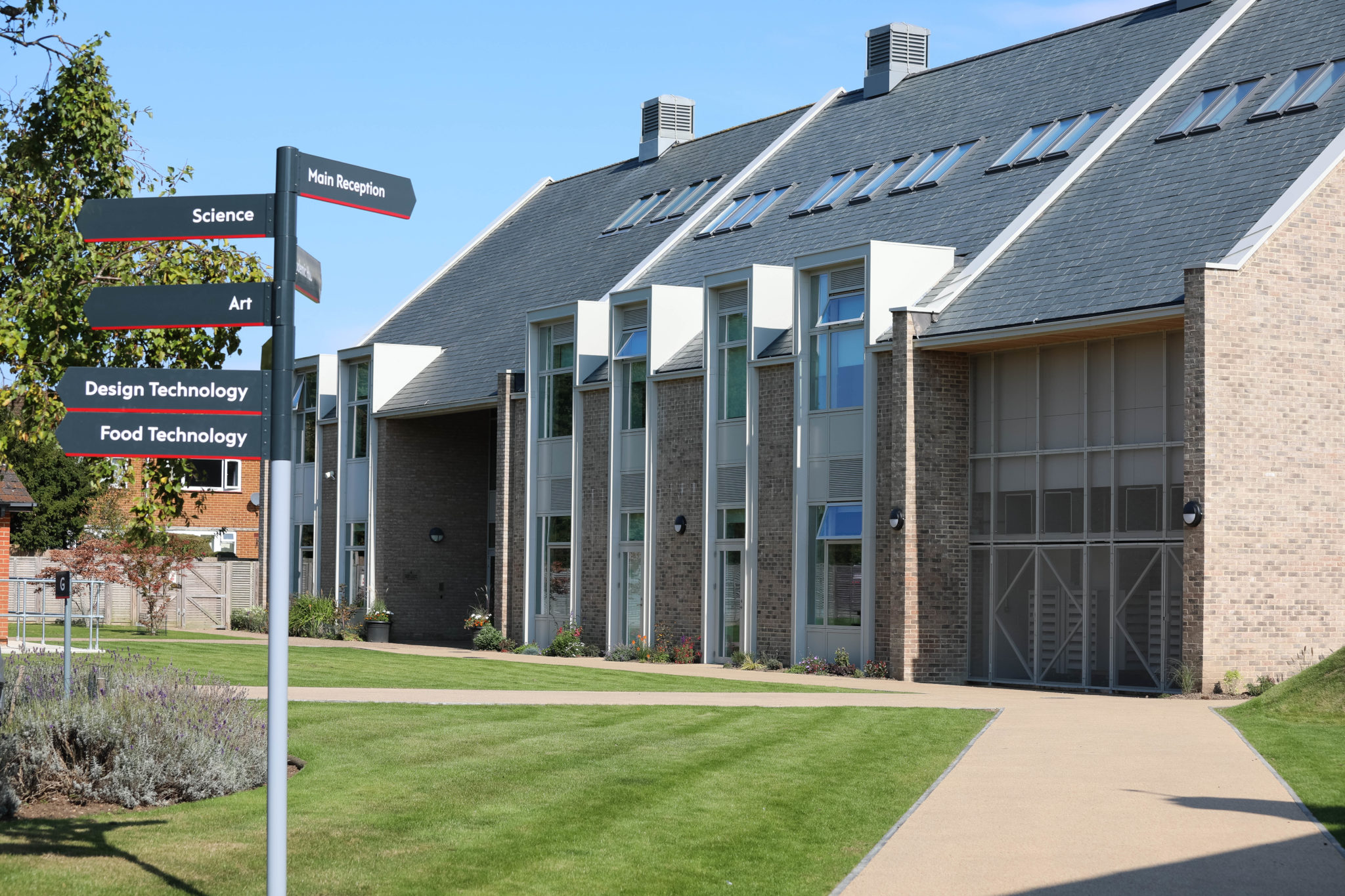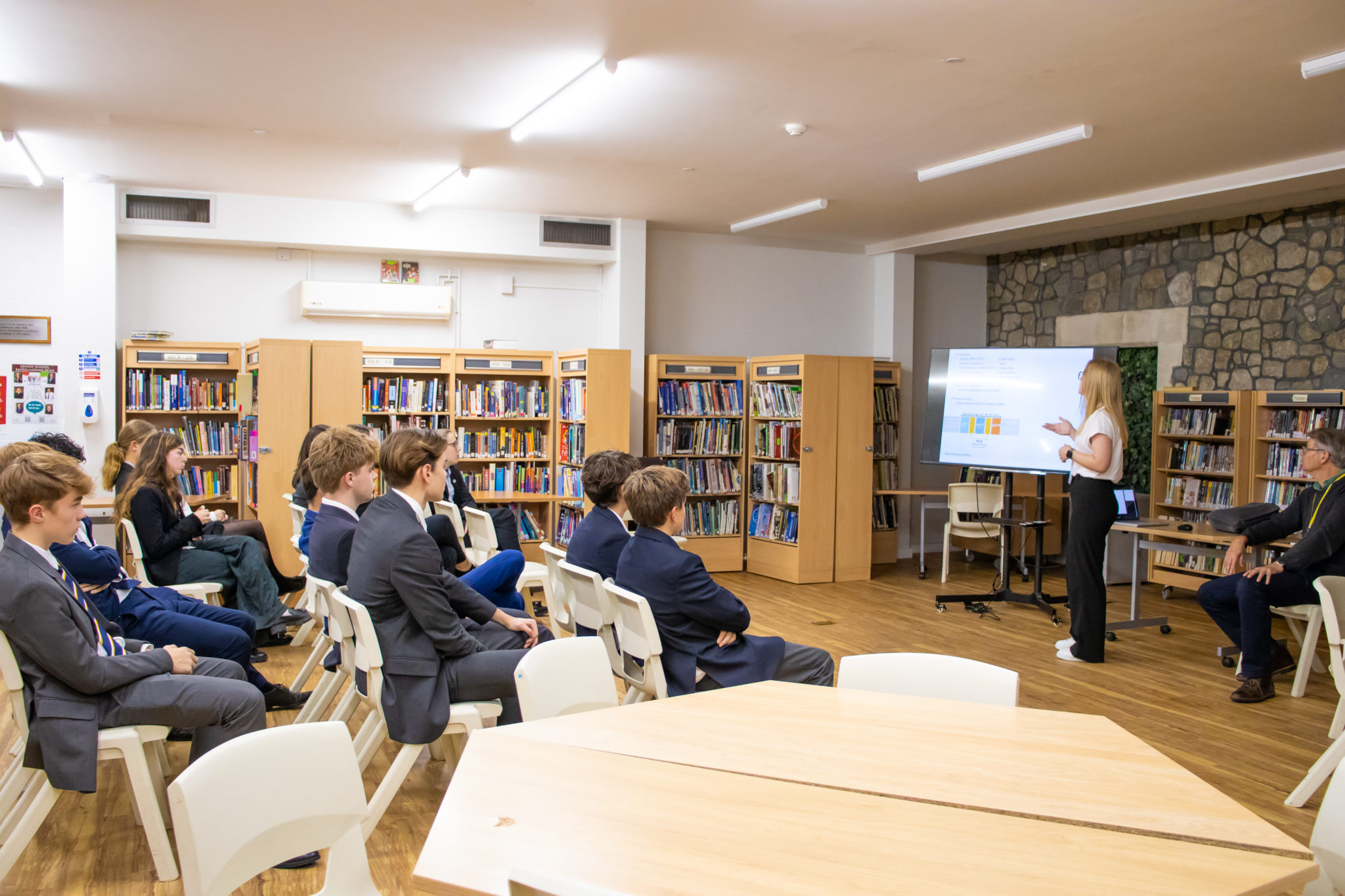
St Edmund's
English
From romance to tragedy, from angels to devils and from heroes to monsters, English at St Edmund’s has something for everyone.
Ours is a diverse, lively and immersive approach to the subject. We encourage pupils to read and respond to texts creatively and so develop a lifelong love of learning and a true appreciation of culture.
In Lower Fifth, pupils begin their studies with extracts from poems (Homer to Milton), learn how the literature and language of English developed, analyse texts and compose their own creative responses. They study Romantic poets, Gothic prose and, of course, Shakespearean drama. At GCSE, students might write a pitch for kingship as part of their exposure to Shakespeare and put on trial members of a well-to-do Edwardian family. Pupils learn to appreciate how others write and so identify the tricks they themselves will come to master. At A-level, students are encouraged to appreciate the intersection of literature and wider culture by assessing the impact of philosophy, psychology and history on literary texts. They consider literature itself as a means of critical engagement with contemporary society by considering representations of, for example, men and women, the powerful and the powerless, and good and evil. The focus is very much on the richness of literary texts, in terms of their formal elements, the history and ideas with which they are saturated and the critical perspectives from which they might be interpreted.

St Edmund’s English teachers are themselves passionate lifelong learners and researchers with a great breadth of knowledge, and contribute to the school’s Curiosity Shop lecture programme.

